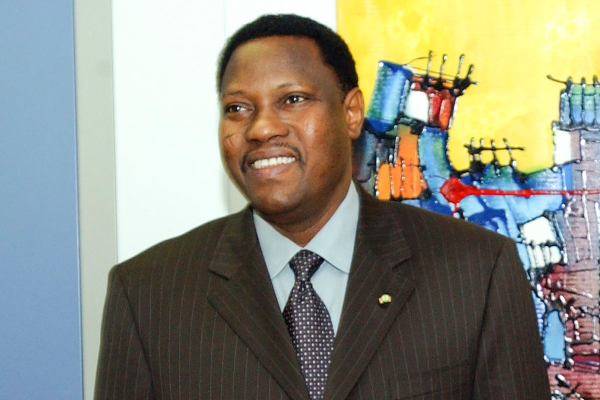Hama Amadou: A Prominent Figure in Nigerien Politics Passes Away
The political landscape of Niger has been profoundly impacted by the recent death of Hama Amadou, the former Prime Minister of Niger. Amadou passed away at the age of 74 in a hospital in Niamey, the nation’s capital. His death marks the end of a significant chapter in Nigerien politics, leaving many reflecting on his contributions and the controversies that colored his career.
Early Political Career and Rise to Power
Hama Amadou’s political journey began in the early 1990s, a time of significant change and reform in Niger. As a member of the Nigerien Seyni Kountché party, he gradually established himself within the political realm. His leadership qualities became evident when he was appointed Prime Minister for the first time in 1995. This role marked the beginning of his influence on Niger’s political scene, steering the nation during a tumultuous time marked by socio-economic challenges.
Amadou’s tenure as Prime Minister would span two non-consecutive terms; he served from 1995 to 1996, and again from 1999 to 2007. His leadership, often characterized by efforts to stabilize the economy and implement reforms, garnered him both supporters and detractors. In 2011, he transitioned to a different role, becoming the Speaker of Parliament, which showcased his sustained relevance in Nigerien politics.
Presidential Aspirations and Electoral Challenges
Despite his achievements as Prime Minister, Hama Amadou’s aspirations for the presidency were met with hurdles. He ran for the presidency three times—in 2011, 2016, and 2020—but faced defeat during each attempt. His tenacity, however, resonated with a substantial segment of the Nigerien populace, reflecting his enduring commitment to public service. His campaigns often advocated for social justice and economic development, which appealed to many citizens struggling with poverty and unemployment.
Founding a New Political Movement
In 2009, amidst changing political dynamics, Amadou established the Nigerien Democratic Movement for an African Federation (MODEN-FA), breaking away from his previous party, the MNSD. This decision illustrated his desire to reshape Nigerien political discourse and create a platform that aligned more closely with his vision for the country. Through MODEN-FA, Amadou aimed to address various challenges such as governance, infrastructure, and education.
Legal Troubles and Political Struggles
Throughout his career, Amadou’s journey was not without its controversies. He faced numerous legal challenges that placed his integrity under scrutiny. Notably, in 2015, he was imprisoned amid allegations related to an illegal infant trafficking network, a claim he vehemently denied, describing it as a politically motivated maneuver by his opponents. This incident not only hindered his political activities but also served as a stark reminder of the fragile nature of political power in Niger.
Lasting Influence and Legacy
Despite the adversities he faced, Hama Amadou remained a influential figure in Nigerien politics until his death. His resilience in the face of challenges, combined with his desire to advocate for change, resonated with many who viewed him as a champion for the common man. As news of his passing spreads, many are expected to reflect on his contributions to Niger and the complexities of his political legacy.
Amadou’s life was marked by his unwavering commitment to serve his country, even when faced with immense adversity. His departure leaves a void in the political fabric of Niger, prompting future leaders and citizens to consider the lasting effects of his work and the road ahead for Nigerien democracy. As tributes pour in, the memory of Hama Amadou will likely remain a topic of discussion and analysis in the years to come.
